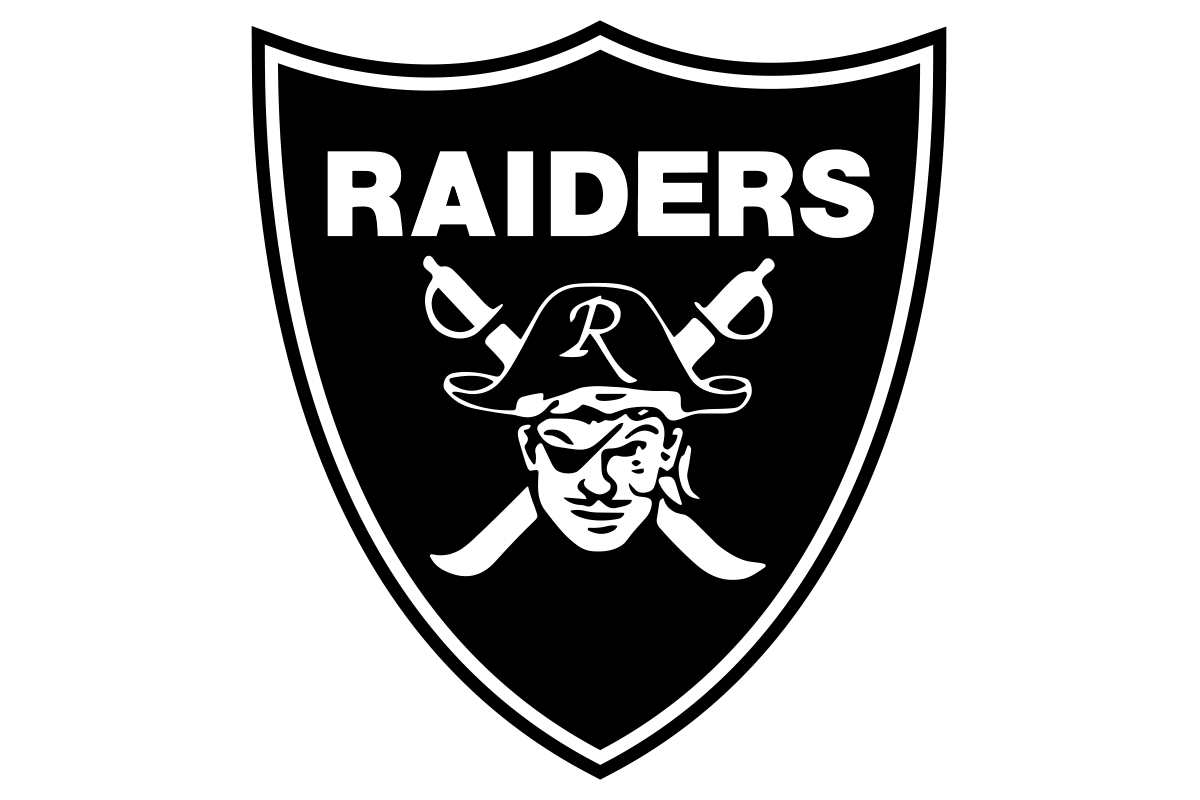Viewers trying to access Wikipedia on Jan. 18 faced a black screen that stated “Imagine a World Without Free Knowledge,” and a paragraph explaining the reason for the blackout: SOPA.
SOPA, (Stop Online Piracy Act) is a bill that was introduced in the House of Representatives on October 26, 2011 by Representative Lamar Smith. The act is purported to restrict and eliminate online piracy and to protect copyright around the web, but will consequently lead to an inadvertent censorship of the internet. Proposals to the bill include barring advertising websites and payment facilities from conducting business with websites that have infringed on any copyright laws, preventing search engines such as Google and Bing to link to sites and requiring internet service providers to block access to the sites. SOPA was designed to target overseas sites such as The Pirate Bay, which are troves for illegal downloads of movies and other digital content, but by blocking American search engines, it subsequently censors the internet. SOPA is a direct attack on free speech.
Firstly, websites are liable to the full extent of SOPA’s broad powers. Therefore, a simple comment from a normal website user that contains copyrighted link could cause the whole website to be shut down, and lead to a lengthy and expensive lawsuit. Essentially, the government would have the right to shut down any website with a supposed “infringed” link, which could include popular websites such as Facebook, Twitter, and YouTube.
While the music and film industry would greatly benefit economically from SOPA, individuals would suffer greatly. With SOPA, the vast wealth of knowledge that is the internet would be greatly reduced. Users would no longer be able to Google a question and have the answer within seconds. Additionally, the punishment for individuals who have an infringed link on their website is a maximum of five years. An accidental infringed link on a social networking website could lead to jail time and a lawsuit on an unsuspecting individual.
Furthermore, sites like YouTube or Tumblr that contain a multitude of user-uploaded videos and pictures would likely shut down immediately to avoid an endless amount of lawsuits against them. With the sites responsible for their user posts, they would constantly be battling infringed links. This could in essence either lead to expensive lawsuits or an immediate shutdown to avoid legal ramifications.
SOPA certainly has good intentions, but the broad and ambiguous language of the bill would lead to censorship of the internet, a crippling of normal citizen rights, and the shutdown of popular and influential websites unable to sidestep SOPA’s restriction. Instead of effectively cutting off the funds of foreign entities to prevent piracy, it would inevitably stifle American websites and search engines.









